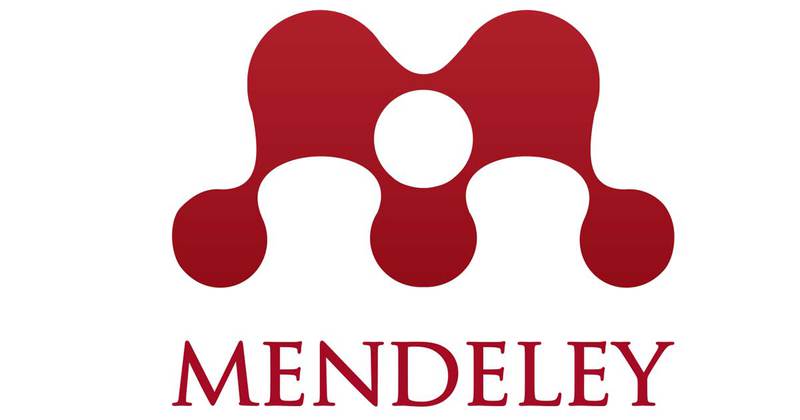Parent’s Preferences in the Future Orientation of Girl’s Education (Ethnographic Studies Among Fisherman Families in Muncar Banyuwangi)
DOI:
https://doi.org/10.22219/jpa.v4i2.19165Keywords:
Future Orientation, Preferences, Education, Girls, Fisherman FamiliesAbstract
Future orientation is a design, plan, and view of an individual in the context of his education in the future which aims to direct himself to behave in accordance with the expected future. The future orientation of girls' education is shaped by parents through a preference. Preference is a choice or decision that must be prioritized, prioritized, and prioritized. Parents' preferences in the future orientation of girls' education, do not want their daughters to go to college. The cultural system of society influences the construction of a person's thinking so that it forms a preference within the scope of the family which is the smallest institution in society. Among fishermen's families, the level of education can be said to be lower because the struggle to meet the daily needs of a fisherman is at sea facing big waves, uncertain weather, and income which is determined by the number of fish caught makes a problem that is hampering the fulfillment of educational needs. child. This study aims to describe and explain the forms and factors that influence parental preferences in the future orientation of girls' education among fishing families in Muncar District, Banyuwangi Regency. This research chooses a qualitative approach with an ethnographic research type that aims to understand the indigenous people's point of view regarding the relationship with life, namely studying society and learning from society. Data collection techniques used participant observation, interviews, and document studies. The results of the research data obtained that preferences are divided into several forms, while the influencing factors are the family economy, community culture, and the mindset of parents. These forms and factors are collaborated with the concept of patriarchal culture.
Downloads
References
Astina, C. (2014). Ketimpangan Gender Dalam Pendidikan. Yinyang : Jurnal Studi Islam Gender dan Anak 9.2, 184.
Azwar, S. (1988). Sikap Manusia, Teori dan Pengukurannya. Yogyakarta: Liberty.
Boserup, E. (1984). Peranan Wanita Dalam Perkembangan Ekonomi. Jakarta: Yayasan Obor Indonesia.
Darmadi, H. (2014). Metode Penelitian Pendidikan Dan Sosial: Teori Konsep Dasar dan Implementasi. Bandung: Alfabeta.
Harris, M. (1968). The rise of anthropological theory: A history of theories of culture. New York: T. Y. Crowell.
Ikhwanul, P. R., Kawung, E. J., & Nelly Waani, M. (2014). Peran Ibu Rumah Tangga Nelayan Dalam Upaya Meningkatkan Perekonomian Keluarga di Kelurahan Bitung Karang Ria Kecamatan Tuminting Kota Manado. Journal Acta Diurna, 1.
Koentjaraningrat. (1993). Kebudayaan Mentalitas dan Pembangunan. Jakarta: Gramedia Pustaka Utama.
Lexy J. Moleong, M. (2017). Metodologi Penelitian Kualitatif. Bandung: PT Remaja Rosdakarya.
Sinambela, L. P. (2014). Metodologi Penelitian Kuantitaif; Untuk Bidang Ilmu Administrasi, Kebijakan Publik, Ekonomi, Sosiologi, Komunikasi dan Ilmu Sosial Lainnya. Yogyakarta: Graha Ilmu.
Spradley, J. P. (2006). Metode Etnografi (Edisi Kedua). Yogyakarta: Tiara Wacana.
Wahyu Nugraheni S, T. M. (2012). Peran dan Potensi Wanita Dalam Pemenuhan Kebutuhan Ekonomi Keluarga Nelayan. Journal of Educational Social Studies, 105.
Wardani, E. H. (2009). Belenggu-Belenggu Patriarki: Sebuah Pemikiran Feminisme Psikoanalisis Toni Morrison Dalam The Bluest Eye. SKRIPSI.
Windiani, & R, F. N. (2016). Menggunakan Metode Etnografi Dalam Penelitian Sosial. Jurnal Sosiologi, 89.
Yin, R. K. (2014). STUDI KASUS : Desain dan Metode. Jakarta: Rajawali Pers.
Downloads
Published
How to Cite
Issue
Section
License
Copyright (c) 2021 Zombieta Bening Tatas Kamantyan, Vina Salviana Darvina Soedarwo, Rachmad K. Dwi Susilo

This work is licensed under a Creative Commons Attribution-ShareAlike 4.0 International License.
Authors who publish with Jurnal Perempuan dan Anak (JPA) agree to the following terms:
- For all articles published in Jurnal Perempuan dan Anak (JPA), copyright is retained by the authors. Authors give permission to the publisher to announce the work with conditions. When the manuscript is accepted for publication, the authors agree to automatic transfer of the publishing right to the publisher.
- Authors retain copyright and grant the journal right of first publication with the work simultaneously licensed under a Creative Commons Attribution-ShareAlike 4.0 International License that allows others to share the work with an acknowledgment of the work's authorship and initial publication in this journal.
- Authors are able to enter into separate, additional contractual arrangements for the non-exclusive distribution of the journal's published version of the work (e.g., post it to an institutional repository or publish it in a book), with an acknowledgment of its initial publication in this journal.
- Authors are permitted and encouraged to post their work online (e.g., in institutional repositories or on their website) prior to and during the submission process, as it can lead to productive exchanges, as well as earlier and greater citation of published wor (See The Effect of Open Access).
This work is licensed under a Creative Commons Attribution-ShareAlike 4.0 International License








